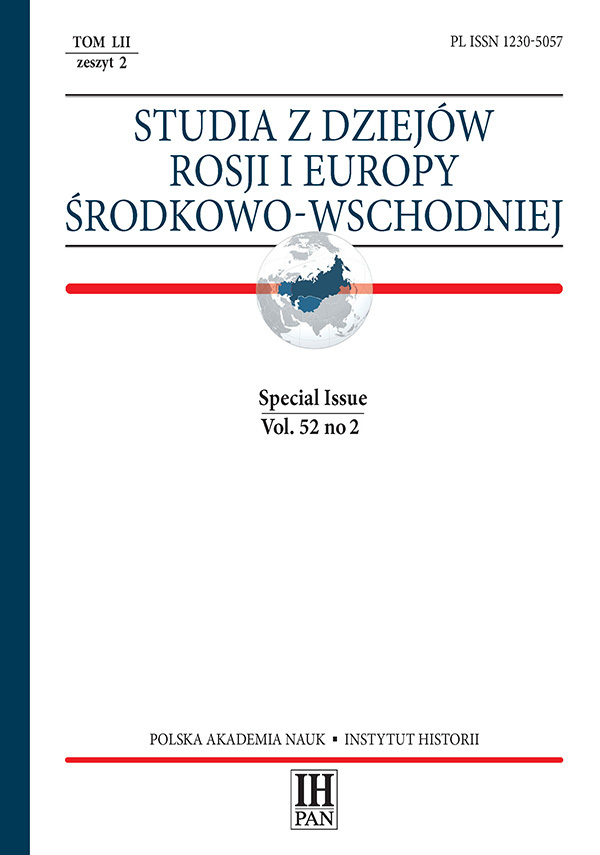Gabriele D’Annunzio’s Coup in Rijeka (1919–1920) in the Context of Italian-Yugoslavian Relations
Gabriele D’Annunzio’s Coup in Rijeka (1919–1920) in the Context of Italian-Yugoslavian Relations
Author(s): Konrad Sebastian MorawskiSubject(s): Diplomatic history, Local History / Microhistory, Political history, Pre-WW I & WW I (1900 -1919), Interwar Period (1920 - 1939)
Published by: Instytut Historii im. Tadeusza Manteuffla Polskiej Akademii Nauk
Keywords: Gabriele D’Annunzio; Il Vate; Carlo Sforza; Salvatore Contarini; Rijeka coup 1919–1920; Italy; Kingdom of SHS; Yugoslavia 1918-1941;
Summary/Abstract: The question of domination over the Adriatic Sea was a thorny issue in the interwar relationship between Italy and Yugoslavia. The dispute over the city of Rijeka (Fiume at that time), which after the coup launched by Gabriele D’Annunzio in September 1919 further aggravated the relations of Italy and the Kingdom of Serbs, Croats and Slovenes, involved in the conflict at the same time the Entente states. Rijeka was the city of non-uniform national structure, and an important economic centre, becoming at the same time a symbol of intersecting Italian and Yugoslavian influences on the Adriatic. The controversy over Rijeka was not a typical one, as it took place in the background of the peace conference in Paris after the end of the Great War. The Entente States, i.e. France, the United States, and Great Britain, had different and conflicting visions of the city’s status. This indecision was used by D’Annunzio, who in 1919–1920 strengthened his rule in Rijeka. Initially, the Italian government was ambiguous on the poet’s coup, while the diplomacy of the Kingdom of Serbs, Croats and Slovenes regarded the coup as Italian attack against Rijeka. Thus, the question of normalisation of the city’s status became a complex process, requiring the consideration of many aspects within the framework of Italian-Yugoslavian relations. The present article analyses these aspects of the relationship between Italy and the Kingdom of Serbs, Croats and Slovenes in the context of D’Annunzio coup mounted in September 1919. Another important value of the text resides in the fact that it is based on archival materials, including archival press reports (mainly from the Polish, Serbian, and French press of that time), which made it possible to present the problem against the rich and broad social and political background of the conflict over Rijeka.
Journal: Studia z Dziejów Rosji i Europy Środkowo-Wschodniej
- Issue Year: 52/2017
- Issue No: 2
- Page Range: 25-54
- Page Count: 30
- Language: English

